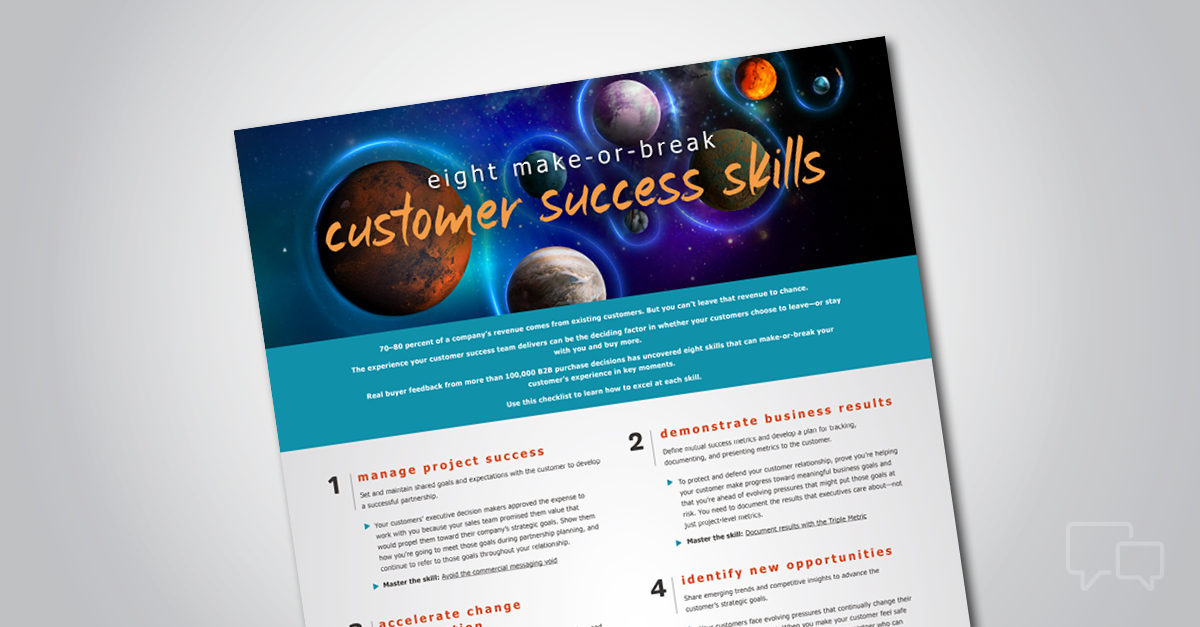Virtual Training
When it comes to creating lasting behavior change in salespeople, most sales leaders assume that virtual sales skills training is just a pale imitation of the in-person classroom.
But what if an online training alternative could be proven as effective, if not more effective, than classroom training? Can you imagine the possibilities for your business?
Efficiency Benefits
- Reduce up to 50 percent of your training program’s cost by cutting your related travel, classroom, and opportunity cost—without having to cut training itself.
- Avoid the biggest challenge your leaders have—TOOF (time out of the field)—by delivering training that works in line with your participants’ workflow.
- Continue training through tough economic times, like when you have a travel freeze but strategically need training to improve business performance.
Effectiveness Benefits
- Agility—Provide just-in-time training instead of just-in-case training. Quickly stand up situational training programs to meet your acute strategic needs. Training programs could be packaged and delivered online precisely when you need them most.
- Flexibility—Deliver bespoke training instead of a one-size-fits-all approach. Identify your key performance indicator by individuals or team and immediately deliver targeted training to your team based on these identified needs instead of waiting for a calendar opening.
- Scalability—Execute large-scale program rollouts in weeks vs. months (or years) across your remote salesforce, including multi-lingual, global initiatives. Increase your speed to productivity and success, compared to the plodding roadshow of visiting every location.
It’s not just wishful thinking. In this collection of science-backed resources, you’ll discover a virtual training model that’s proven to be more effective than a traditional in-person classroom.
This isn’t your typical online training. Using this groundbreaking approach to training and enablement, you can create lasting behavior change, ensure message accountability, and make sure your sales reps feel confident in the messages, concepts, and skills they need to be successful.














